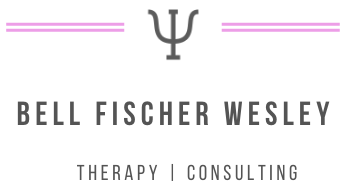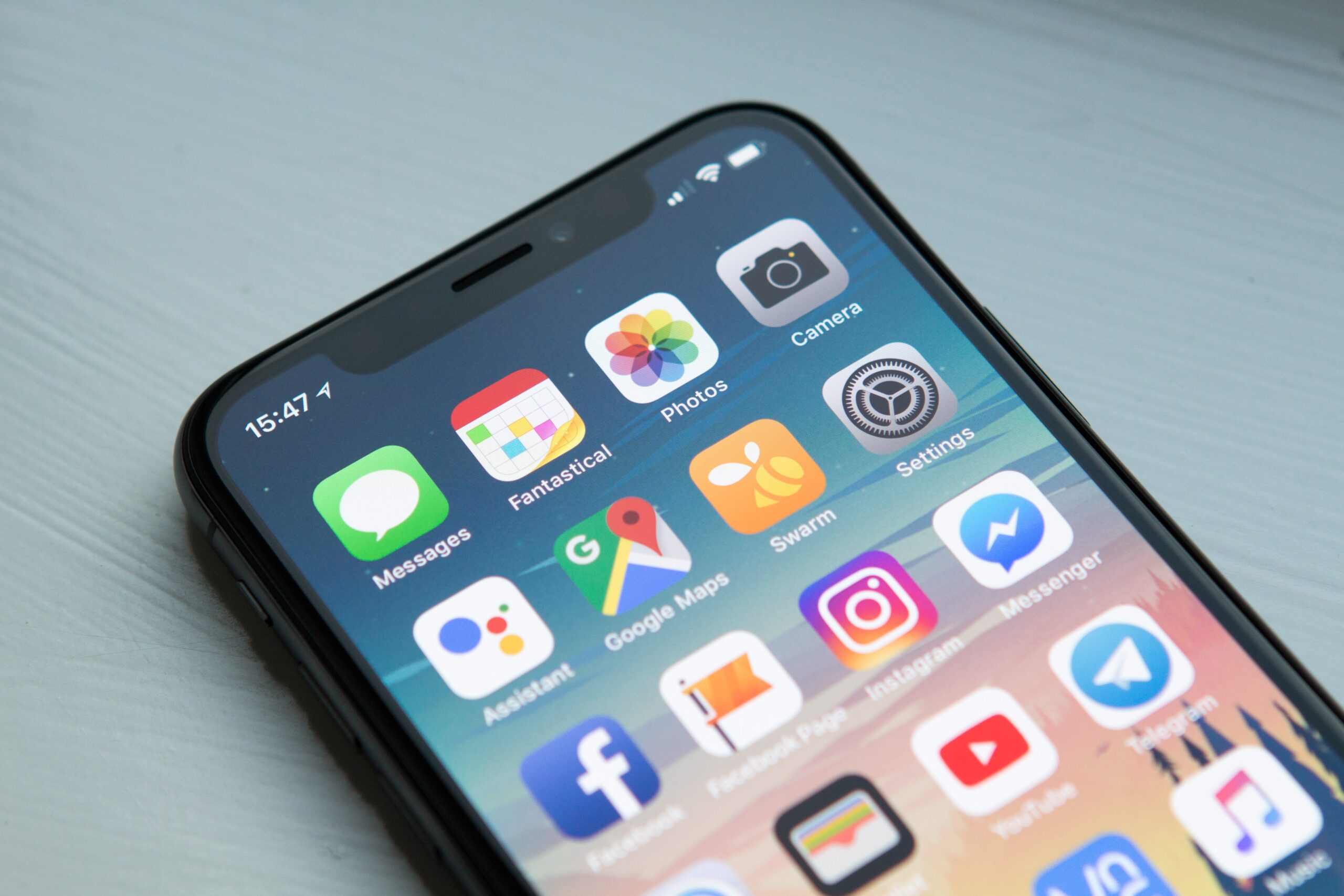Approximately 30% of all health-related mobile applications (i.e. MH apps) specifically target mental health and well being including diet, exercise, mood, meditation, journaling, etc. (Anthes, 2016). There are numerous advantages to MH apps including affordability, convenience, autonomy, and improved understanding and awareness of symptoms. Additionally, MH apps can assist psychologists and other mental health providers with facilitating homework assignments in between therapy sessions such as mood tracking, breathing exercises, or mindfulness exercises. Clients of all ages enjoy MH apps, due to their simplicity and access – literally, available at your fingertips! Despite increasing popularity and curiosity among users, the rapid development and variety of MH apps make it challenging for licensed professionals to evaluate and determine which ones are most effective, safe, and/or useful (Wang et al, 2020). The American Psychological Association cites the following limitations among MH apps: 1) a lack of universal standards or guidelines, 2) development teams who are not researchers, clinicians, or mental health experts, and 3) potential conflict with Ethical Principle A – Beneficence and Nonmaleficence, (i.e. do no harm) and Ethical Principle E – Respect for People’s Rights and Dignity (i.e. protect client privacy and confidentiality).
So, I’ve decided to review some of the more well-known and evidence-based MH apps and online resources: Headspace, Calm, Moodmission, Breathe2Relax, Ayanatherapy, and Therapy for Black Girls. This is not an ad and I do not explicitly endorse any of the apps or websites discussed. I do not recommend using MH apps without ongoing, or prior, consultation with a licensed psychologist or other mental health provider.
All my best,
NLF
HEADSPACE (Available at the Apple App Store and Google Play for use on mobile devices, tablets, or desktop computers.)
Headspace is the brainchild of a Buddhist monk and a Marketing professional. This app is primarily used for mindfulness resources and guided meditation that aims to teach “the essentials of living a healthier, happier life.” Headspace’s meditation courses focus on various areas of concern including anxiety, grief, self-esteem, sleep, personal growth, etc. Additional features include visualization exercises, ambient music for sleep, and mindfulness exercises. Headspace is very use-friendly, colorful, and appealing; it can be adapted for kids, adults, and businesses. Following the one-month free trial, users may purchase a yearly or monthly subscription. Headspace also offers a free, one-year subscription to users who are currently unemployed, due to the COVID-19 global pandemic. An array of published research articles, conducted at several academic institutions in the US and the UK report the efficacy of Headspace including reduced stress and aggression; and improved focus, well being, and self-compassion (Bostock et al., 2018; Champion et al., 2018; Economides et al., 2018; Flett et al., 2019; Howells et a;., 2016; Noone & Hogan, 2018; Rosen et al., 2017; Yang et al., 2018).
DISCLAIMER: Bell Fischer Wesley Therapy & Consulting, LLC is pleased to provide you with this website for your personal education and informational purposes only. Nothing found on this website (or social media pages) is intended to be a substitute for professional psychological, psychiatric or medical advice, diagnosis, or treatment. Bell Fischer Wesley Therapy & Consulting, LLC assumes no liability for any diagnosis, treatment, decision made or action taken in reliance upon information contained in this website or any other internet sites linked to it in any way.

